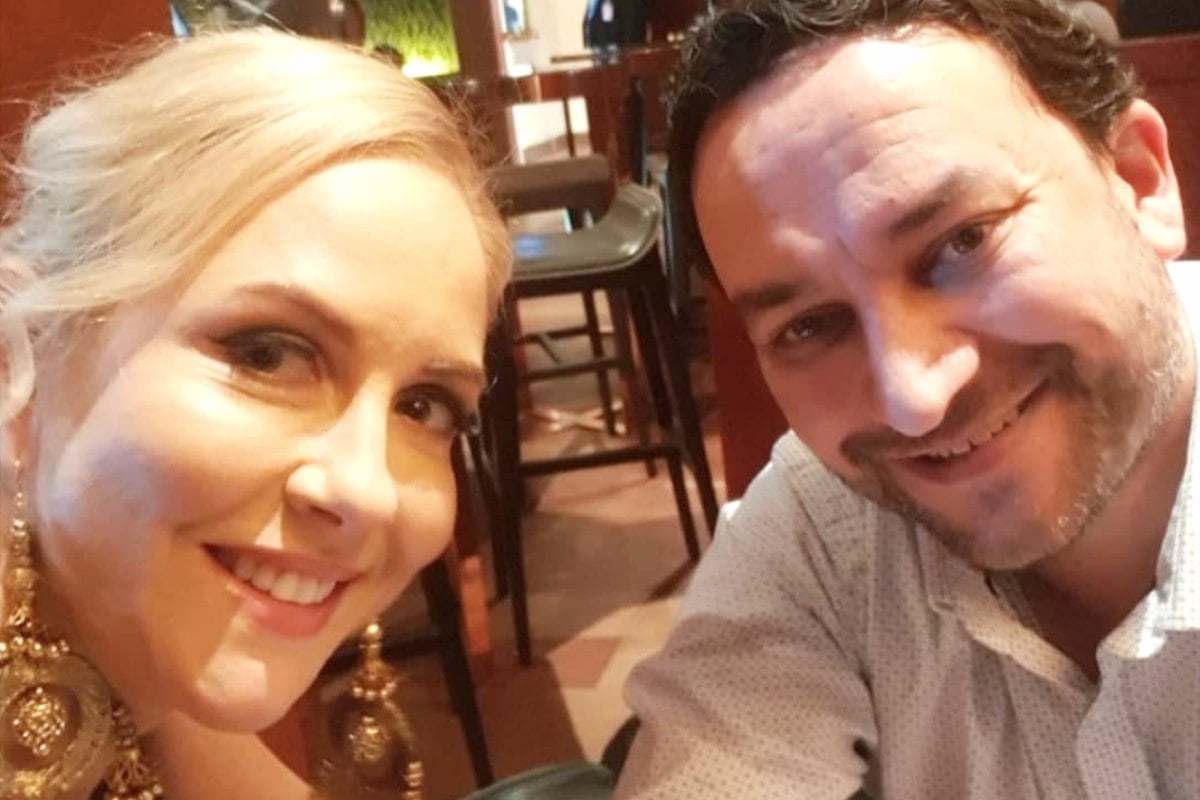
The sales assistant spotted the wedding ring on my finger as I handed my purchase over the counter. Her eyes immediately grew wider and she froze, mid-transaction. Her face lit up like a Christmas tree as an enormous smile stretched across her face.
“Oh you’re married?!” she exclaimed with a hint of excitement and torrents of surprise.
“Yes,” I said casually with a smile. I’d been in similar situations before so had a pretty good idea of how the conversation would play out.
And just as I predicted, it did just that.
“Oh sweetheart, that’s wonderful,” she said with gushing exuberance and clasped her hands together with glee.
Then, as if she was congratulating a newly toilet-trained toddler on their first solo pee, she continued. “Good for you!”
Vanessa Cranfield opens up parenting a child with a disability.
It was one half patronising and one half condescending but I knew her heart was in the right place.
Besides, I’d been in similar situations so many times before and knew that it wasn’t the place to jump on my advocacy soapbox.





























































































